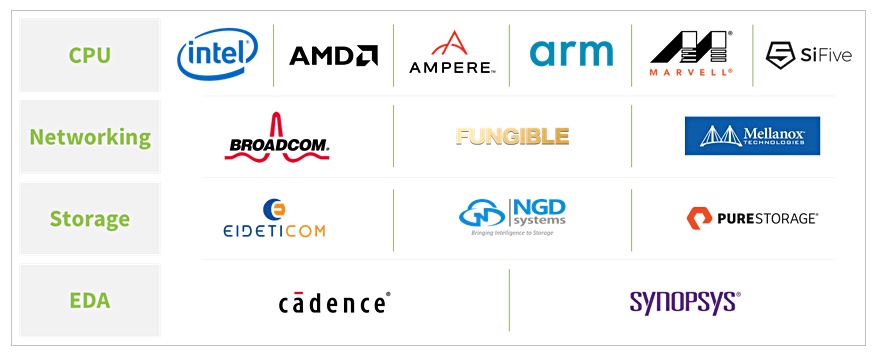Microsoft has developed Project Zipline, a compression algorithm, and optimised hardware implementation to suit data in the Azure cloud.
Compressed data occupies less storage capacity and needs less bandwidth when transmitted across networks.
In a keynote yesterday at the OCP Summit, Microsoft said the Zipline data squeezing code works faster, squeezes more and operates with a lower latency than other algorithms.
Zipline is up to two times better at compression than the Zlib-L4 64KB scheme. It provides up to 92 to 96 per cent data reduction for application services, IoT text files and system logs in Azure.

Microsoft thinks Zipline is suited for network data processing, smart SSDs, archival systems, cloud appliances, general purpose microprocessor, IoT, and edge devices.
A Pure Storage spokesperson said: “We are currently evaluating Zipline alongside our existing range of compression algorithms to deal with the rising tide of data in every data centre.”
Microsoft is open sourcing Project Zipline and associated Verilog source code for register transfer language (RTL). Some of this is available now to Open Compute Project members and a Github spec is coming soon.








